 The rule for casting interest, when partial payments have been made, is to apply the payment, in the first place, to the discharge of the interest then due. " If the payment exceeds the interest, the surplus goes towards discharging the principal, and... The rule for casting interest, when partial payments have been made, is to apply the payment, in the first place, to the discharge of the interest then due. " If the payment exceeds the interest, the surplus goes towards discharging the principal, and...  Higher Book - Page 192by William Seneca Sutton - 1896Full view Higher Book - Page 192by William Seneca Sutton - 1896Full view - About this book
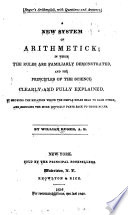 | William Ruger - Arithmetic - 1836 - 274 pages
...practice of the Courts in the Slate of New-York : RULE I.—" The Rule for casting Interest, where partial payments have been made, is to apply the payment, in the first place, to the dis-' charge of the interest then due. If the payment exceeds the interest, the surplus goes towards... | |
 | Peirpont Edward Bates Botham - Arithmetic - 1837 - 252 pages
...practice of tke Courts in the State of New York: RULE : — " The Rule for casting Interest, where partial payments have been made, is to apply the payment,...place, to the discharge of the interest then due. If the payment exceeds the interest, the surplus goes towards discharging the principal, and the subsequent... | |
 | William Johnson - Law reports, digests, etc - 1837 - 678 pages
...usury are discussed and defended by the chancellor, in the case of Thompson v. Berry, 3 JCR 395. 1069. The rule for casting interest, when partial payments...have been made, is to apply the payment, in the first instance, to the discharge of the interest then due. If the payment exceeds the interest, the surplus... | |
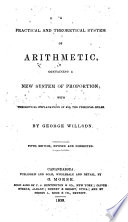 | George Willson - Arithmetic - 1838 - 194 pages
...Chancellor Kent, of the state of New- York. According to this decision, the method of casting interest is, to " apply the payment in the first place to the discharge of the interest then due. If the payment exceeds the interest, the surplus goes towards discharging the principal, and the subsequent... | |
 | Jared Sparks, Edward Everett, James Russell Lowell, Henry Cabot Lodge - American fiction - 1839 - 572 pages
...have been made. In the New York Chancery Reports, this rule is thus stated by Chancellor Kent ; — " The rule for casting interest, when partial payments...place, to the discharge of the interest then due. If the payment exceeds the interest, the surplus goes towards discharging the principal, and the subsequent... | |
 | Jared Sparks, Edward Everett, James Russell Lowell, Henry Cabot Lodge - American fiction - 1839 - 536 pages
...have been made. In the New York Chancery Reports, this rule is thus stated by Chancellor Kent ; — " The rule for casting interest, when partial payments...place, to the discharge of the interest then due. If the payment exceeds the interest, the surplus goes towards discharging the principal, and the subsequent... | |
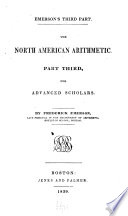 | Frederick Emerson - Arithmetic - 1839 - 300 pages
...chancellor KENT, and here given in the Chancellor's own words, as follows. " The rule for casting inter eft, when partial payments have been made, is to apply...place, to the discharge of the interest then due. If the payment exceeds the interest, the surplus goes towards discharging the principal, and the subsequent... | |
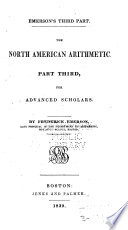 | Frederick Emerson - Arithmetic - 1839 - 300 pages
...chancellor KENT, and here given in the Chancellor's own words, as follows. " The rule for casting intereft, when partial payments have been made, is to apply the payment, in the Jin,t place, to the discharge of the interest then due. If the payment exceeds the interest, the surplus... | |
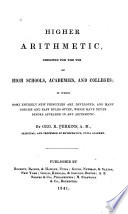 | George Roberts Perkins - Arithmetic - 1841 - 274 pages
...use the following rule, which was given by Chancellor KENT, in the New York Chancery Reports: RULE. " The rule for casting interest, when partial payments...place, to the discharge of the interest then due. If the payment exceed the in. lerest, the surplus goes towards discharging the principal, and the subsequent... | |
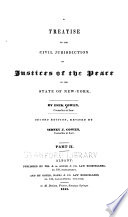 | Esek Cowen - Justices of the peace - 1841 - 698 pages
...by the late Chancellor Kent, is laid down by him in nearly the same words. ' The rule' (says he) ' for casting interest, when partial payments have been...place, to the discharge of the interest then due. If the payment exceeds the interest, the surplus goes towards discharging the principal, and the subsequent... | |
| |